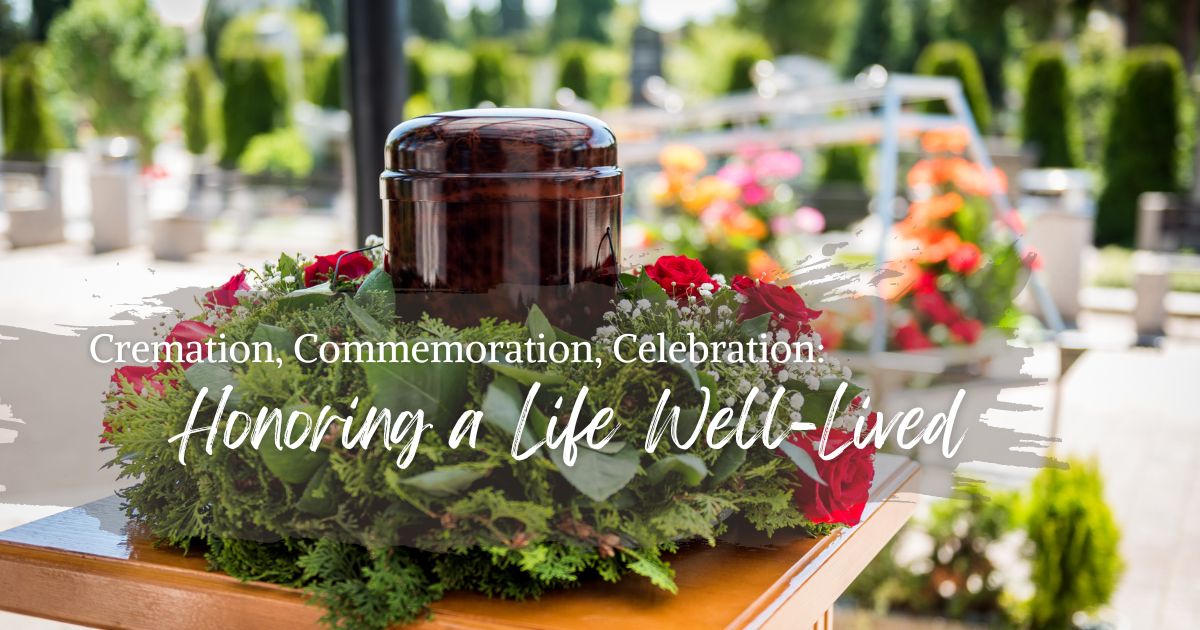
When a loved one passes away, dividing their belongings can be one of the most emotionally challenging tasks families face. Inherited treasures—whether they’re jewelry, furniture, or sentimental keepsakes—often carry deep emotional significance, making the process fraught with tension. Here’s how to navigate this delicate situation with care and respect, while preserving family harmony.
The Emotional Weight of Heirlooms
Heirlooms are more than just objects; they’re tangible connections to the person you’ve lost. A piece of jewelry might symbolize a lifetime of love, while a piece of furniture might evoke cherished childhood memories. Recognizing the emotional weight of these items is crucial. Everyone’s attachment to certain belongings may differ, and there’s no "right” or "wrong” way to feel. Approach the process with empathy, understanding that each family member’s grief and connection to these items are unique.
Open Communication and Fairness
Open and honest communication is key to avoiding misunderstandings and hurt feelings. Gather family members to discuss how to divide the belongings, encouraging everyone to share which items are most meaningful to them and why. Focus on fairness rather than strict equality. For example, one sibling might value a collection of books, while another might treasure a set of dishes. If conflicts arise, consider rotating choices or using a drawing system to ensure everyone feels heard and respected.
Creative Solutions for Shared Items
When multiple family members want the same item, creativity can help resolve conflicts. Could the item be shared, with each person keeping it for a certain period of time? Could it be displayed in a communal space, like a family home? If the item can’t be divided, consider documenting its history and sharing photos or replicas with everyone. Honoring your loved one’s wishes, if they left specific instructions, can also help reduce tensions and ensure their intentions are respected.
Taking Time to Heal and Reflect
There’s no need to rush the process. Grief can cloud judgment, and emotions may run high in the days and weeks following a loss. Consider setting aside particularly contentious items and revisiting them later when everyone has had time to process their grief. Taking your time can help ensure that decisions are made thoughtfully and with care.
Dividing inherited treasures is about more than just allocating objects—it’s about honoring your loved one’s legacy and preserving family bonds. By approaching the process with empathy, communication, and creativity, you can navigate this challenging task with grace and compassion.





